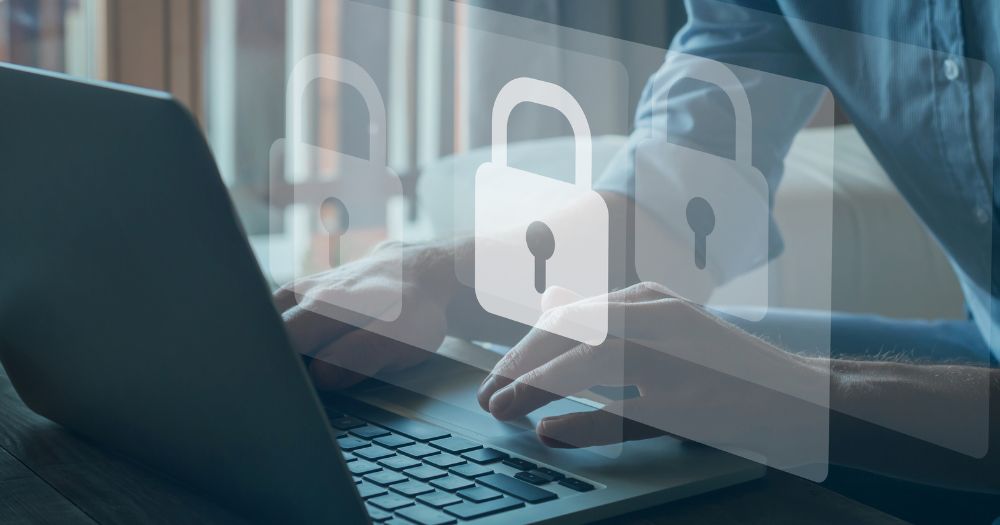Participants in international events and conferences, including those attended by military personnel and government leaders and officials do not "as a rule" expect the host country to provide secured means of communications and will typically arrange their own secured lines, said Senior Minister of State for Defence Heng Chee How.
Heng was responding to questions posed by Member of Parliament (MP) Yip Hon Weng on whether Singapore can safeguard the security of communications used by visitors to international and military events held in Singapore.
Yip's questions come after the audio of a phone call among German senior military officials discussing information about the Russia-Ukraine war was leaked by Russian media on Mar. 1, 2024.
One of the officials was staying in a Singapore hotel to attend the Singapore Airshow.
The audio was intercepted by Russia as the official had joined the web-conferencing platform Webex through either his mobile phone or the hotel’s Wi-Fi network, said German defence minister Boris Pistorius, reported The Straits Times.
"Questionable" if guests are "comfortable" using secured communications provided
Heng explained that even if a host country were to provide a secure means of communication, it would be "questionable" whether foreign participants are "comfortable" using it.
He said that foreign guests who need to transmit sensitive information will typically arrange their own secured means, such as encryption hardware or software or commercial secured or embassy lines.
"This is the practice of MINDEF (Ministry of Defense) and SAF (Singapore Armed Forces) officials when attending meetings overseas," he said.
Communications of tourists not under government's purview
Heng explained that while secure measures are implemented for sensitive conferences and meetings organised by Singapore, the general communications of tourists and visitors to Singapore are not within the purview of the government.
He encouraged everyone to practice "cyber hygiene" using unsecured lines such as open wi-fi access.
"For MINDEF and SAF, we take a proactive approach to cybersecurity when involved in high-signature events inclusive of those involving high-level foreign dignitaries, and we work closely with event organizers who remain accountable for the overall cybersecurity of these events," he said.
These efforts include identifying an event's digital footprint and cybersecurity risk areas, scanning the event's websites, checking the commercial systems and applications used for the event and working out the cybersecurity incident escalation and reporting processes.
"If vulnerabilities are uncovered through these checks, the event organizers would be required to resolve them before the events," he added.
"MINDEF and SAF, however, do not cover the cybersecurity of foreign militaries' internal and unilateral virtual meetings, which is outside the scope of these events."
Top photo from Canva
If you like what you read, follow us on Facebook, Instagram, Twitter and Telegram to get the latest updates.



